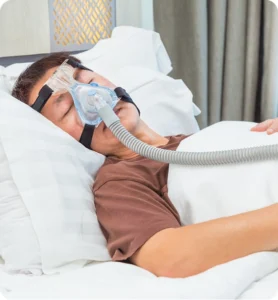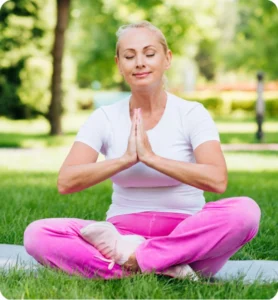- Home
- About
- Treatments
- Dental Treatments
- Cosmetic Dentistry
- Teeth Whitening
- Dental Veneers
- Smile Makeovers
- Restorative Dentistry
- Dental Implants
- Full Mouth Reconstruction
- Inlays and Onlays
- Dental Crowns and Bridges
- Orthodontics
- Metal and Ceramic Braces
- Clear Aligners
- Dentures and Implants
- Full and Partial Dentures
- Implant-Supported Dentures
- Gum Treatments
- Gum Disease Treatment
- Gum Contouring and Reshaping
- Root Canals
- Oral and Maxillofacial Surgery
- Tooth Extractions
- Bone Grafting and Sinus Lift for Implants
- Corrective Jaw Surgery
- Dental Bonding
- Tooth Contouring
- Fertility Treatments
- In Vitro Fertilization
- Intracytoplasmic Sperm Injection
- Egg Freezing (Oocyte Cryopreservation)
- Sperm Donation
- Egg Donation
- Intrauterine Insemination
- Surrogacy
- Preimplantation Genetic Testing
- Fertility Preservation for Cancer Patient
- Sperm Freezing
- Embryo Freezing
- Assisted Hatching
- Laparoscopic Fertility Surgeries
- Fibroids
- Endometriosis
- Tubal blockages
- Aesthetic Medicine
- Hair Transplant Services
- Follicular Unit Extraction
- Follicular Unit Transplantation
- Platelet-Rich Plasma Therapy
- Eyebrow and Beard Transplants
- Facial Cosmetic Surgery
- Facelift Surgery
- Non-Surgical Rhinoplasty
- Blepharoplasty-Eyelid Surgery
- Otoplasty
- Body Contouring Surgery
- Abdominoplasty-Tummy Tuck
- Liposuction
- Arm Lift-Brachioplasty
- Thigh Lift
- Non-Surgical Aesthetic Treatments
- Botox Injections
- Dermal Fillers
- Chemical Peels
- Laser Skin Resurfacing
- Microneedling
- Thread Lift
- Breast Surgery
- Breast Augmentation Implants
- Breast Lift
- Breast Reduction
- Gynecomastia Surgery-Male Breast Reduction
- Microdermabrasion
- Laser Hair Removal
- Intense Pulsed Light-IPL Therapy
- CoolSculpting-Cryolipolysis
- Ultherapy
- HydraFacial
- RF Skin Tightening
- LED Light Therapy
- Sclerotherapy
- HIFU High-Intensity Focused Ultrasound
- Oxygen Facials
- Wellness Programs
- Ayurveda Therapies
- Panchakarma Detox Therapy
- Abhyanga
- Shirodhara
- Udvartana
- Nasya
- Netra Tarpana
- Complementary Wellness Programs
- Yoga and Meditation
- Detox & Rejuvenation Packages
- Mindfulness and Stress Management
- Weight Management Programs
- Acupuncture / Acupressure
- Tai Chi
- Reflexology
- Nature Bathing
- Sleep Therapy Programs
- Senior Wellness
- Kati Basti
- Mukhalepam
- Corporate Wellness
- Breathwork Techniques
- Mindfulness Practices
- Digital Detox
- Sound Healing Therapy
- Tailored Massage and Spa Therapies
- Nutrition Guidance
- Stress Management Strategies
- Emotional Wellness Programs
- Sleep Recovery Programs
- Team Cohesion Activities
- Virtual Workplace Wellness
- Leadership Vitality Workshops
- Wellness Program for Women
- Hormonal Balance Therapy
- Prenatal and Postnatal Wellness
- Pelvic Floor Strengthening
- Stress and Burnout Recovery
- Women’s Nutrition and Fitness
- Menopause Retreats
- Fertility Retreats
- Postpartum Wellness
- Restorative Yoga
- Ayurvedic Massage and Spa
- Breathwork for Health & Happiness
- Medical Treatments
- Ophthalmology
- Regenerative Medicine and Stem Cell Therapy
- Dental Treatments
- Destinations
- Process
- Blog
- Get Free Quote
















